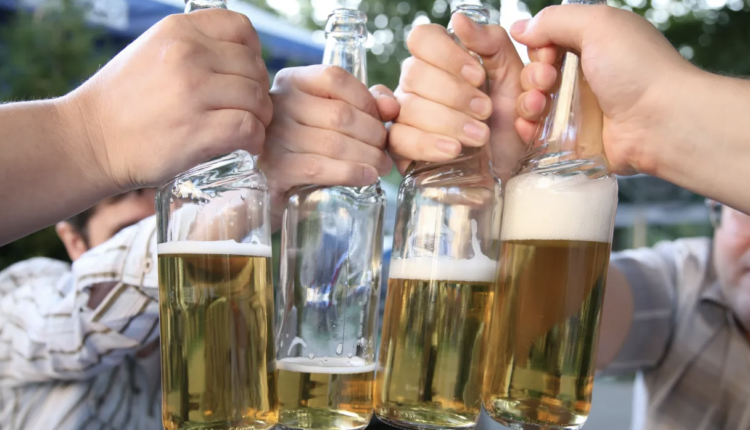
The Decline of Beer Sales in the Era of Legal Cannabis
The TDR Three Key Takeaways
- Marijuana legalization is associated with a decline in beer sales, indicating a consumer shift towards cannabis.
- Despite the decline in beer sales, spirits and wine showed varied effects, with spirits facing a slowdown in growth.
- The economic implications of cannabis legalization are significant, with marijuana tax revenue surpassing that of beer and wine.
This week findings from a Canadian study and data from the United States have highlighted a notable decline in beer sales, closely linked to the legalization of marijuana. This trend suggests a substitution effect where consumers are increasingly favoring cannabis over beer as their intoxicant of choice. The study, published in the journal Drug and Alcohol Dependence, details how Canada-wide beer sales have seen a consistent drop since the country legalized adult-use marijuana in 2018. Specifically, an immediate decrease of 96 hectoliters per 100,000 population was observed, with an ongoing monthly reduction post-legalization.
Interestingly, this decline in beer sales does not uniformly apply to all alcoholic beverages. Spirits, for instance, have experienced a slowdown but not a decline in sales, indicating a more complex relationship between cannabis legalization and alcohol consumption patterns. For example, US spirits sales showed a slight decrease in volume but an increase in value in January, suggesting a nuanced impact of consumer preferences and economic factors.
The economic significance of this shift is underscored by tax revenue data, which shows that Canada generated more income from marijuana than from beer and wine combined in the 2022-23 fiscal year. Similarly, in the United States, states like Michigan, Illinois, and Colorado have reported higher cannabis sales compared to alcohol, indicating a broader trend towards marijuana consumption over traditional alcoholic beverages.
Analysts and industry observers suggest that marijuana has become a formidable competitor to alcohol, with projections indicating that cannabis consumption will continue to rise, potentially at the expense of alcohol sales. This shift not only reflects changing consumer preferences but also points to the broader societal and economic implications of marijuana legalization. As legalization expands, the alcohol industry may need to adapt to a changing landscape where cannabis plays a more significant role in consumer choice.
However, the study also points out that the health effects of this shift from alcohol to cannabis are not fully understood, and further research is needed to assess the long-term implications. While the decline in beer sales suggests a preference for cannabis over alcohol, it is essential to consider the broader health, social, and economic impacts of this trend.
Despite the decline in certain segments, some areas of the alcohol market, such as ready-to-drink cocktails and tequila, have seen growth, indicating that consumer preferences are evolving in complex ways. This complexity underscores the need for ongoing research and analysis to fully understand the implications of cannabis legalization on alcohol consumption and the broader societal impacts. Want to keep up to date with all of TDR’s research, subscribe to our daily Baked In newsletter.



